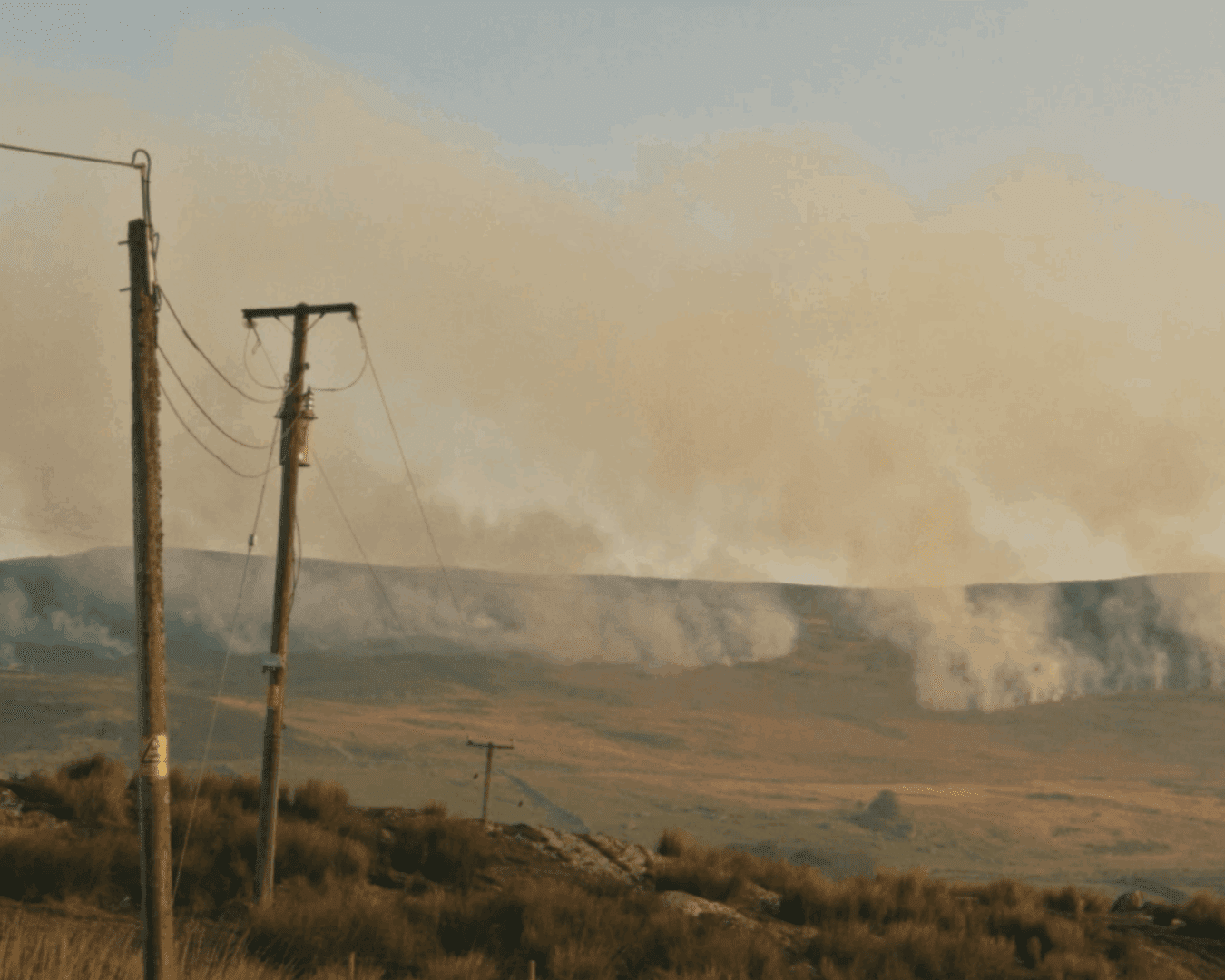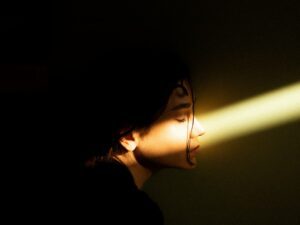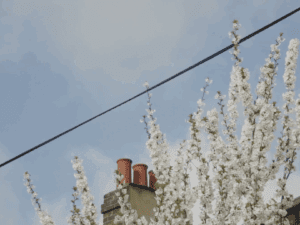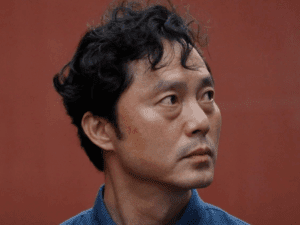In the final film of our MPB: The Next Shot series, cinematographer and director Theo Tennant reflects on the pivotal role of his first professional camera, a Blackmagic URSA, in shaping his BAFTA Cymru-winning documentary Frontier Town. The camera became more than a tool; it was a companion that granted access to a close-knit, community and, in turn, gave Theo the confidence to step into his identity as a filmmaker. His story explores the relationship between artist and equipment: what it means to outgrow the tools that once defined you, the liberation of passing them on and how changing gear mirrors creative evolution.
A: If you’ve ever sold your kit, what did you sell and why?
TT: I’ve sold various bits of kit over the years. The last camera I sold wasmy Blackmagic URSA. There were a couple of reasons for this but if I was to pinpoint the main reason then it was it’s reliability. Despite itbeing through thick and thin with me on projects I loved, in the end ithad let me down a couple of times in crucial moments so I got itserviced and then sold it. Despite knowing it was fixed, I think onceyou star lose trust in your gear then it’s game over. With everythingyou have to manage and stay on top of as a shooter/director, yourcamera gear working should be the last thing on your list of worries.
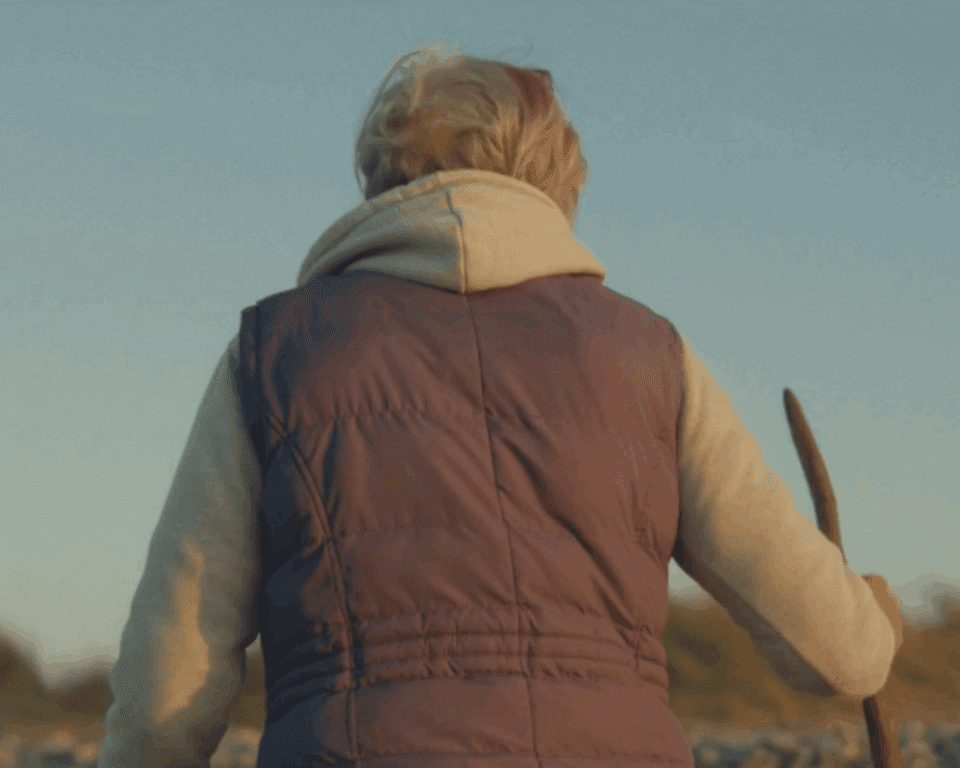
A: Tell us about a short film or video project you’ve created with camera gear that you’ve since sold or replaced. Why was that equipment meaningful to you?
TT: I shot and directed a short called Frontier Town with my BlackmagicURSA which won a BAFTA Cymru for its cinematography. The project became deeply personal – shot over a long period of time about a disappearing community with people I ended up becoming very close with. The URSA was the first “professional” level camera I owned so it was my first step into seeing myself as a professional filmmaker. It premiered at Aesthetica two years ago which was an amazing experience.
A: How does it feel to pass your equipment on to someone else?
TT: It was great to pass it on and give it to someone at a similar career stage as I was when I first bought it. It’s cool to think about all the other projects and adventures that it’s been on. I felt liberated passing it on – I invested the money in a Sony FX6 which is the perfect companion for the next stage in my career.
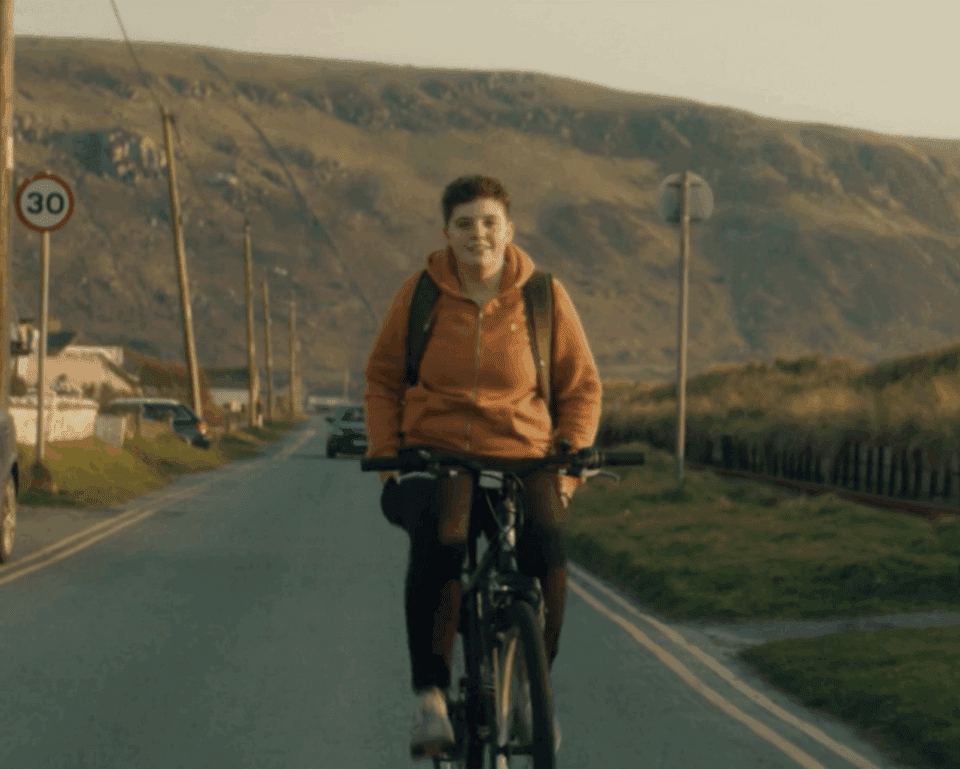
A: As your career progresses, how do you see your tools reflecting your own creative growth?
TT: I think what’s important to you becomes clearer as you develop and grow. I think when I was younger, and maybe more insecure, I quite liked the idea of a bigger camera, bigger lenses, but now I want gear as small and nimble as possible – a camera that’s easy to move and disappear with. Over time you find lenses that make you feel something. This was moving away from new lenses and finding vintage sets that reflect how you see the world. I now mainly use Canon FD primes and old soviet lenses; these feel good to me.
Find Out More About Aesthetica Film Festival: asff.co.uk
Find Out More About MPB: mpb.com



